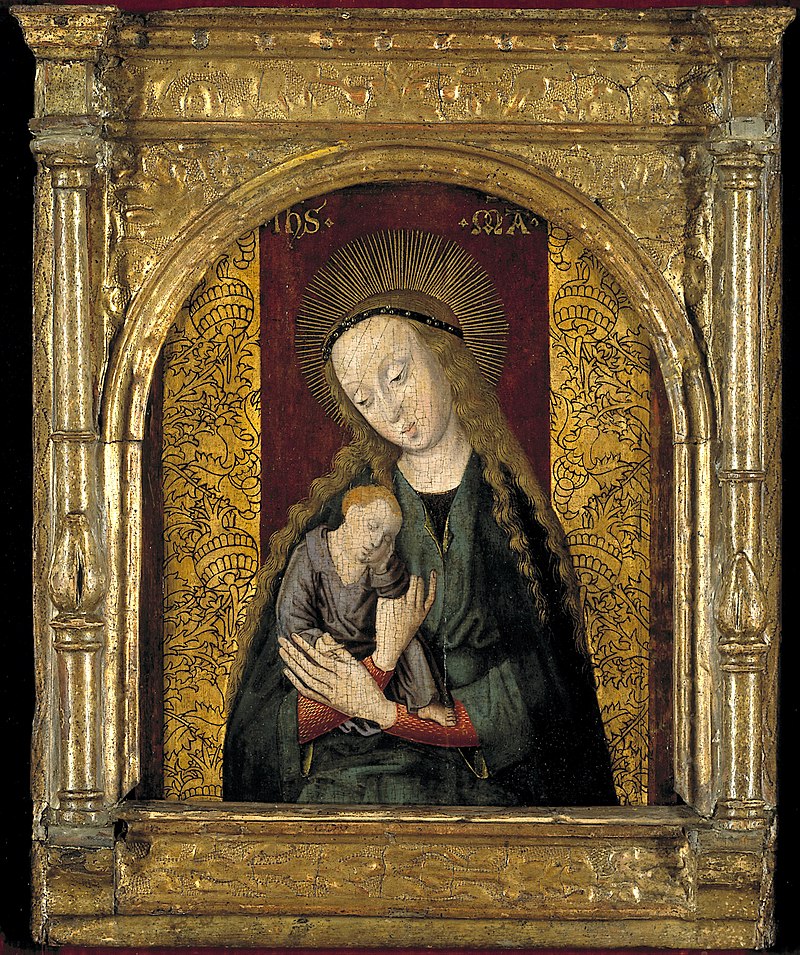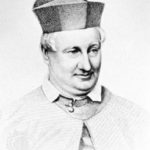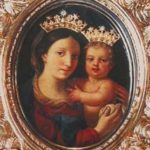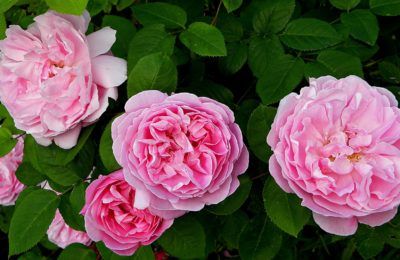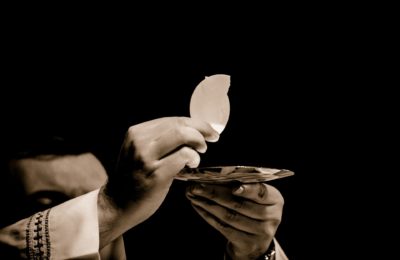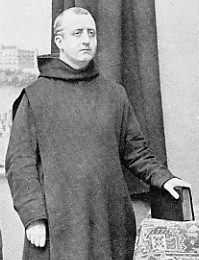Today, for the Queenship of the Blessed Virgin Mary, I am posting an article (in bold print with source cited at the end) by Dr. Peter Kwasniewski which was published in New Liturgical Movement. The article is titled, “Mighty, Conquering Warrior”: The Queenship of Mary. I think you will find it to be most informative on this special day; and the article begins now:
“May 31, on the calendar of the Roman Rite, is the Feast of the Queenship of the Blessed Virgin Mary (plus a commemoration of St. Petronilla). We bring this to mind every time we pray the Fifth Glorious Mystery. It is worth our while to ponder why she is, and is called, our Queen. Always feeling much safer when relying on a worthy authority, in this case I am happy to lean on Blessed Columba Marmion, who writes in his Rosary meditations:What is the purpose of all the mysteries of Christ? To be the pattern of our supernatural life, the means of our sanctification, the source of all our holiness. To create an eternal and glorious society of brethren who will be like unto Him. For this reason Christ, the new Adam, has associated with Himself Mary, as the new Eve. But she is, much more than Eve, “the Mother of all the living,” the Mother of those who live in the grace of her Son. And since here below Mary was associated so intimately with all the mysteries of our salvation, at her Assumption into heaven Jesus crowned her not only with glory but also with power; He has placed His Mother on His right hand and has given her the power, in virtue of her unique title of Mother of God, to distribute the treasures of eternal life. Let us then, full of confidence, pray with the Church: “Show yourself a Mother: Mother of Jesus, by your complete faith in Him, our Mother, by your mercy towards us; ask Christ, Who was born of you, to give us life; and Who willed to be your Son, to receive our prayers through you.”
Dom Marmion observes that Jesus honors His mother not only with glory, as we celebrate on the feast of her assumption into heaven, but also with power, as we celebrate on the feast of her actual rulership, sub et cum Christo, over angels and men and, one may dare to say, the entire created order.
It requires little experience with devotional books to lament the fact that, especially in the past 150 years, Catholics have tended to sentimentalize the cult of the Virgin Mary, in ways that make it rather difficult to imagine her as powerful. Yet she is our queen, our empress, a victorious warrior who has crushed the serpent’s head. Where Mary reigns as queen, her Son reigns as king, for they are inseparable in the plan of salvation; where she reigns not, where her reign is ignored or denied, His royal reign is hampered, for His very identity is obscured and negated. Whoever has a weak or tepid view of Mary and her God-given authority over creatures will have a weak view of her Son and his properly divine authority over creatures. If she is made into a shy, wilting, fearful maiden, her Son will become a teary-eyed, slightly effeminate man, a dishonor done to Him by far too many holy cards and religious paintings.
The fact that Our Lady stood under the cross when nearly everyone else fled, and in the darkness of faith offered up her most precious treasure, her own flesh and blood, to the heavenly Father, means that she must have had the strongest human heart in the history of the world, with the greatest supernatural heroism. There is no martyr, confessor, virgin, or anchoress, no wife, mother, or widow whose virtues the Blessed Virgin did not possess in superabundance, in accordance with the grace of her divine Motherhood, which is the root and perfection of all her privileges.
As our Eastern brethren proclaim:
Mighty conquering warrior, Mother of God, thy servants whom thou hast freed from ills offer up to thee songs of thanksgiving, and with thine unconquerable power, deliver us from all affliction, that we may cry unto thee, hail Bride unwedded!
Fra Filippo Lippi, Coronation of the Virgin These regal and militant images can, of course, become a false portrait if they are taken in an excessively worldly sense. The Virgin Mary is our gentle and gracious Mother, humble and self-effacing, attentive to God alone, a “little flower” of exquisitely hidden beauty. And yet, I would maintain that taking either set of images and using it exclusively, as Catholics have tended to do with the “Mother dearest, meek and mild” type of language, is to miss something essential about the awesome reality of the Holy Theotokos as the archetype of all of God’s creations, the most resplendently holy, noble, worthy, and powerful person God has ever made, one fashioned in his wisdom before all the ages and destined to reign forever over the Mystical Body of Christ, the innumerable hosts of angels, the vast throng of men and women saved from the jaws of death by the indomitable faith and unconquered fortitude of the Mother of God. No wonder the ancient liturgy applies to her so many passages from the Book of Wisdom that were once applied (sometimes in an Arian sense) to Christ!
On this day, then, we venerate the might of her holiness—and the grace of her Son ever inundating and pouring forth from her Immaculate Heart, the secret source of her power. Holy Mary, Mother of God, Queen of heaven and earth, pray for us now and at the hour of our death, Amen.” ~end of article by Dr. Kwasniewski, article source, including picture: here.
May God bless your day.
Hail Mary!
~SCF
~further reading on the Queenship of Mary, here.
~top image notes: from France, 15th century, image source.

